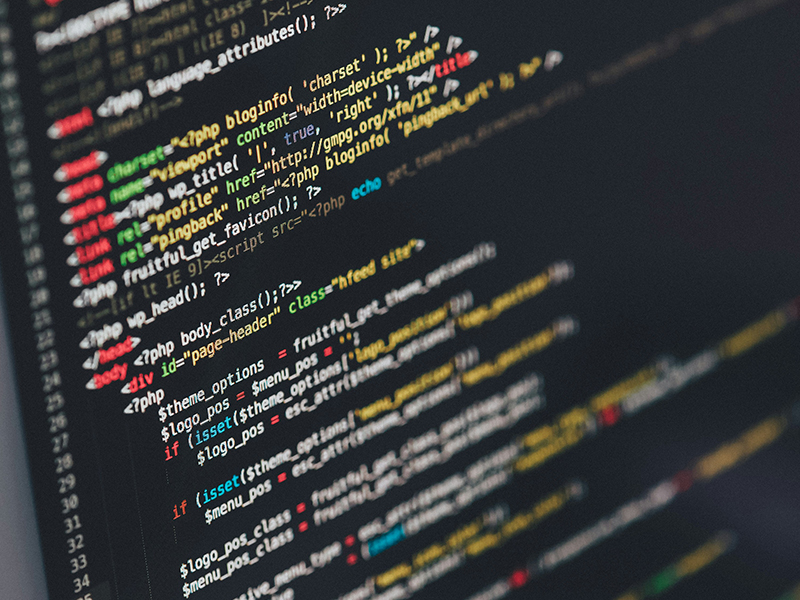
For A Brighter Future
We're Bringing Afghanistan Renewal & Quality
Our Vision
The Initiative
The BARQ (Bringing Afghanistan Renewal & Quality) Initiative is a team of engineers, medical professionals, entrepreneurs, and visionaries committed to empowering Afghans through education and opportunity. We’re not a massive institution; we’re a tight-knit team fueled by passion, working fast, thinking big, and making real impact.
For decades, Afghanistan has been war-torn, its people trapped in cycles of conflict and abject poverty. Yet, through unimaginable hardship, the Afghan people have shown extraordinary resilience—rebuilding their lives time and time again despite the challenges. What they need now isn’t just aid, but opportunity—the tools to shape their own future.
Every dollar we raise goes toward real, measurable change—because for us, this isn’t just charity; it’s about investing in a future where Afghans can thrive on their own terms.

USD Donated
Lives Impacted
Generous Donors
Team Members
Our Work
What We Do

Barq Relief
Our boots-on-the-ground initiative in Afghanistan, providing direct aid to orphans, struggling families, and communities in crisis. From emergency relief to sustainable support programs, Barq Relief is committed to restoring dignity, stability, and hope where it's needed most.

Barq Academy
A hybrid education platform combining online videos and in-person instruction to teach STEM subjects. By making high-quality education accessible, we’re equipping the next generation of Afghan innovators, problem-solvers, and leaders with the skills to build a brighter future.
Get Involved
Interest Form
